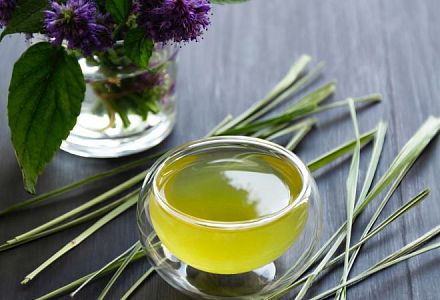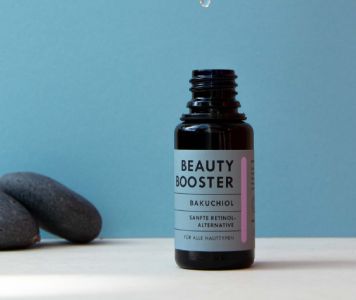
GMP explained
For GMPs to work, two things are needed.
First of all, companies need access to well researched and documented GMP guidelines. Currently, these are published by relevant authorities and include a list of requirements that every company needs to meet to adhere to GMPs. These are not step-by-step instructions on how to set up facilities, production lines and the supply chain, but rather a clear explanation of the expected approach.
Next, companies can decide to implement these practices in a way that suits the industry in which they operate.
After producers ensure that all of their facilities and products meet the safety and sustainability guidelines of GMPs, they must file an official application for a formal GMP certification. A relevant authority then reviews the application and carries our audits to ensure the standards are indeed met.
Producers will only earn a GMP certificate once the detailed evaluation process is completed. Afterwards, control visits will happen regularly to ensure that the standards are being upheld.

CBD & GMP
While it would seem the most natural and obvious choice for CBD products to be made with GMP standards in mind, the market is full of CBD products that are not.
When you buy CBD products, it is of utmost importance that the CBD in the product is extracted exclusively from hemp grown through certified GMP farming.
The importance is intensified by the fact that hemp is known to absorb various ingredients from the soil it is grown on. Therefore, if hemp is not farmed and stored in a GMP certified way, it can contain many pesticides, herbicides, fungi and heavy metals, which can transfer into CBD products and be dangerous to human health.

History of GMP
GMPs were first introduced in the 20th century.
The need for such standards arose together with the technological advancement of the industrial revolution. With fast-growing production facilities and dangerously low manufacturing standards, consumers' lives were not great for a while.
In the 19th century, it was not uncommon for people to get very sick or even die due to contamination of medical or food products, which occurred during manufacturing, storing or transporting. Additionally, many ingredients were not appropriately labelled, and many toxins managed to find their way into various products.
It became evident that more regulations were needed to protect the consumer from unfair and irresponsible producers.
This fight for clear and unified safety production standards started at the beginning of the 20th century and will most likely continue for centuries to come.

Good to know about GMP
GMPs are ever-changing. With new products coming to the market, new technologies entering the production facilities, and new scientific discoveries happening every day, GMPs need to be regularly updated. These adjustments are crucial to keep the consumer safe.
Adhering to these practices and keeping up-to-date can be very expensive and time consuming for producers. However, this sends a clear message to consumers that the companies which do pay attention to GMPs (even though it's not easy) are the ones who genuinely care about their customers' health. Therefore, we must remember to spend our money on products made safely and responsibly.




